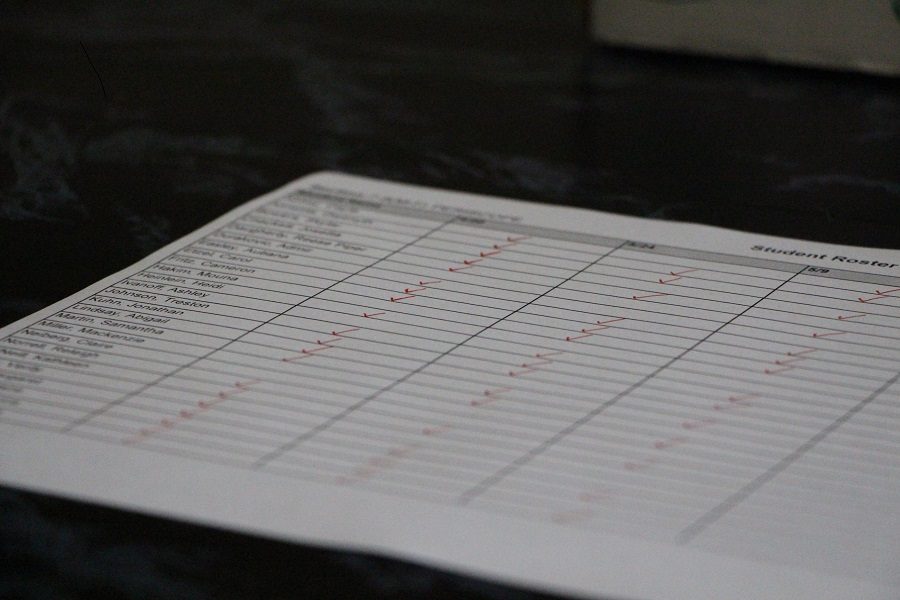Participation grades: punishment for introverts? (Editorial)
Participation grades may seem like an easy way to give students point. However, for many students, this hurts them more than it helps.
The point of participation grades is to give students credit for actively working in class, but it is often measured in how many times you answer questions aloud. It would seem then that sharing your thoughts determines if you are paying attention.
This may not be a problem for some, but you cannot overlook the quiet kid in the back of the class that always works alone. That student will get docked points when the grades go in, but on every single written assignment, the student has a 100%. So, does that mean that the student was not paying attention?
According to Oxford Dictionary, the definition of a grade is “a particular level of rank, quality, proficiency, or value.” When a teacher uses participation points, if a person answers a question, even if they get it wrong, they still get points. However, this is not indicative of any quality or proficiency in the topic. Teachers may argue that this gives points for effort, encouraging them to pay attention, but a 45/45 on a test shows effort as well.
Communication is a key factor in success but it does not have to be learned through forced speech. When someone is confident and comfortable saying what they believe, they will speak. Forcing students to talk, though, can cause more anxiety than anything. When students are scared of the reaction that could occur or who will be listening, they become discouraged.
Plus, in classes such as history, many controversial subjects pop up and you can physically feel the tension in the room. This makes students even less likely to speak, sacrificing their grade for the calm of the class.
If a student wants to learn how to speak out in front of people, they will take a public speaking class or just do it. For more introverted students, participation points may feel like a punishment for being quiet.
And with more than a quarter of the world’s population being introverted, these grades put a significant portion of the population under fire. Alex Petralia of the site The Bull and Bear said that this puts them “between a rock and a hard place: either participate in class or lose participation marks.”
Schools should be helping these students succeed with what they have and they’re using their strengths. Participation grades are not fair and do not measure effort or how well people are learning. Traditional assignment formats show if the person was paying attention and taking in the information by how good their grade was, so there is no need for participation points.
Disclaimer: Articles designated as “Editorial” represent the views and opinions of the author, not the 2017-2018 Periscope staff, CHS/CASD administration, or the CHS student body.
Want to help the Herd? Please consider supporting the Periscope program. Your donation will support the student journalists of CHS and allow us to purchase equipment, send students to workshops/camps, and cover our annual website hosting costs.

Heidi Heinlein is currently a sophomore at Carlisle High School. This is her second year as a staff member for Periscope. She is a co-editor of the perspectives...

Maddison Young is a first year staff member and is a senior this year. She is the junior editor of the Arts and Entertainment section. She did Oracle...




























































































